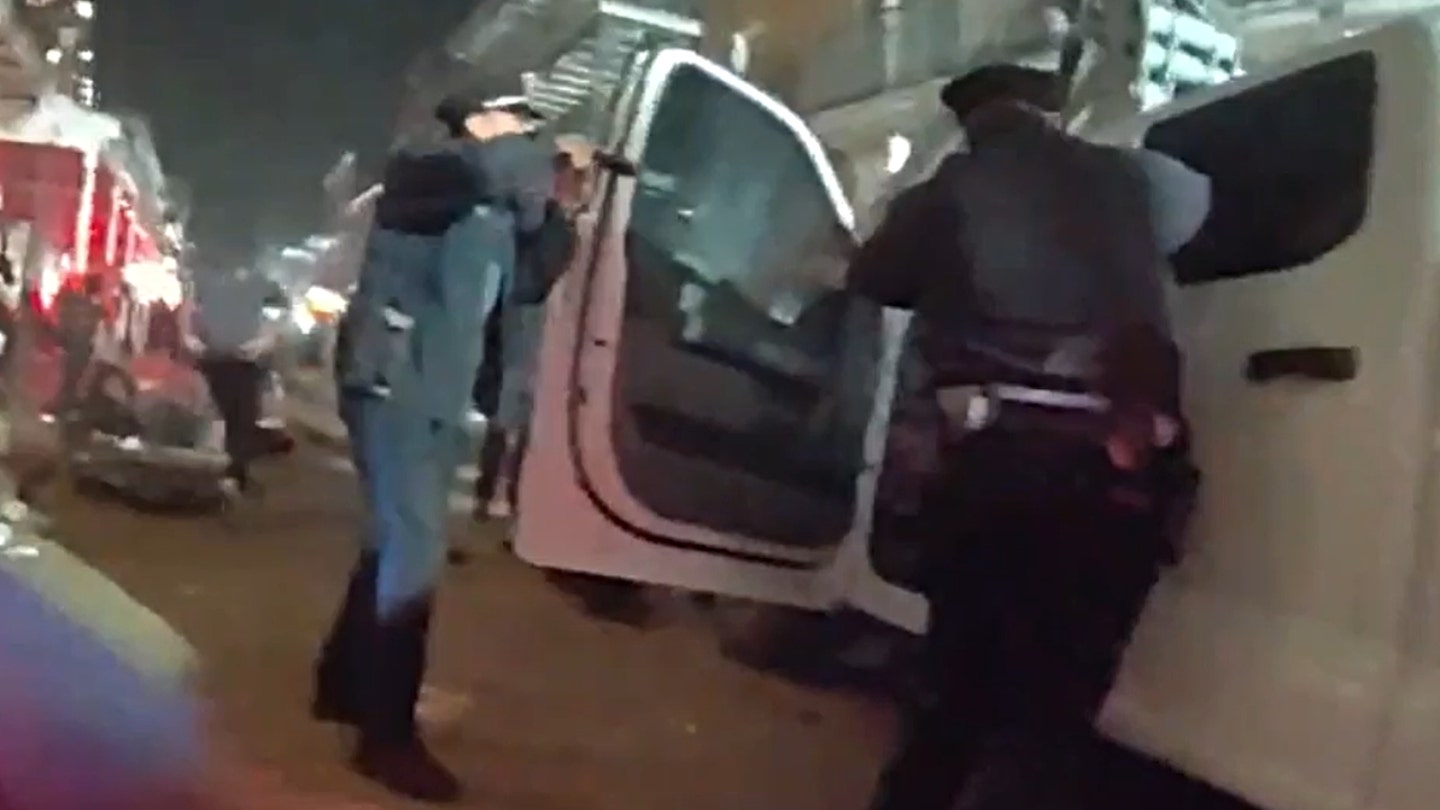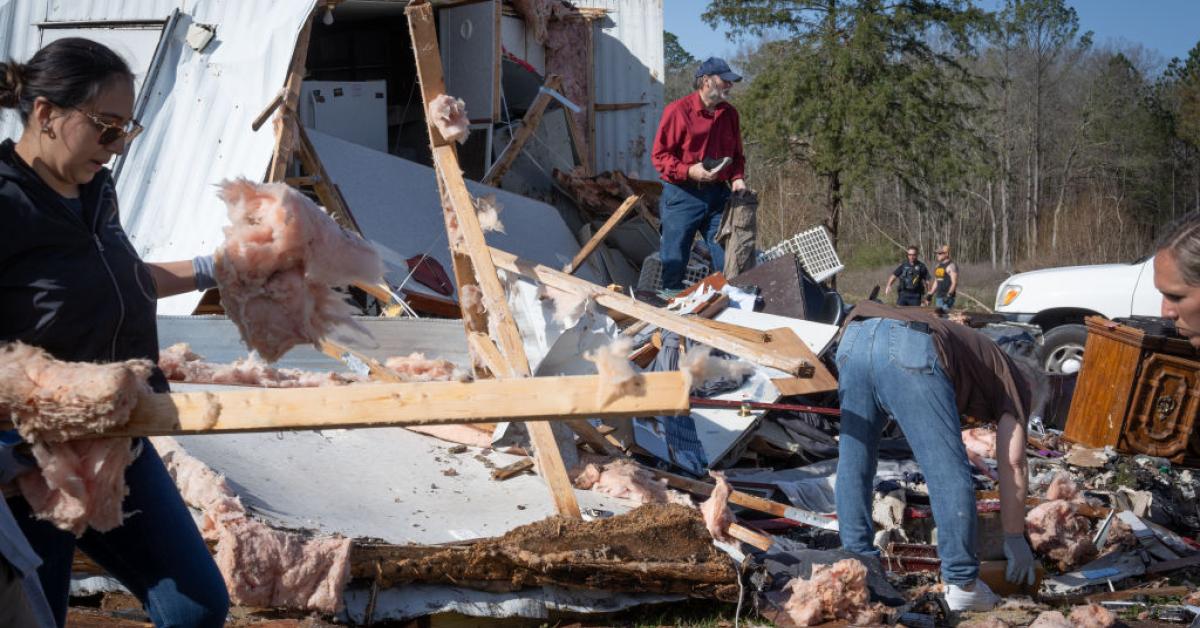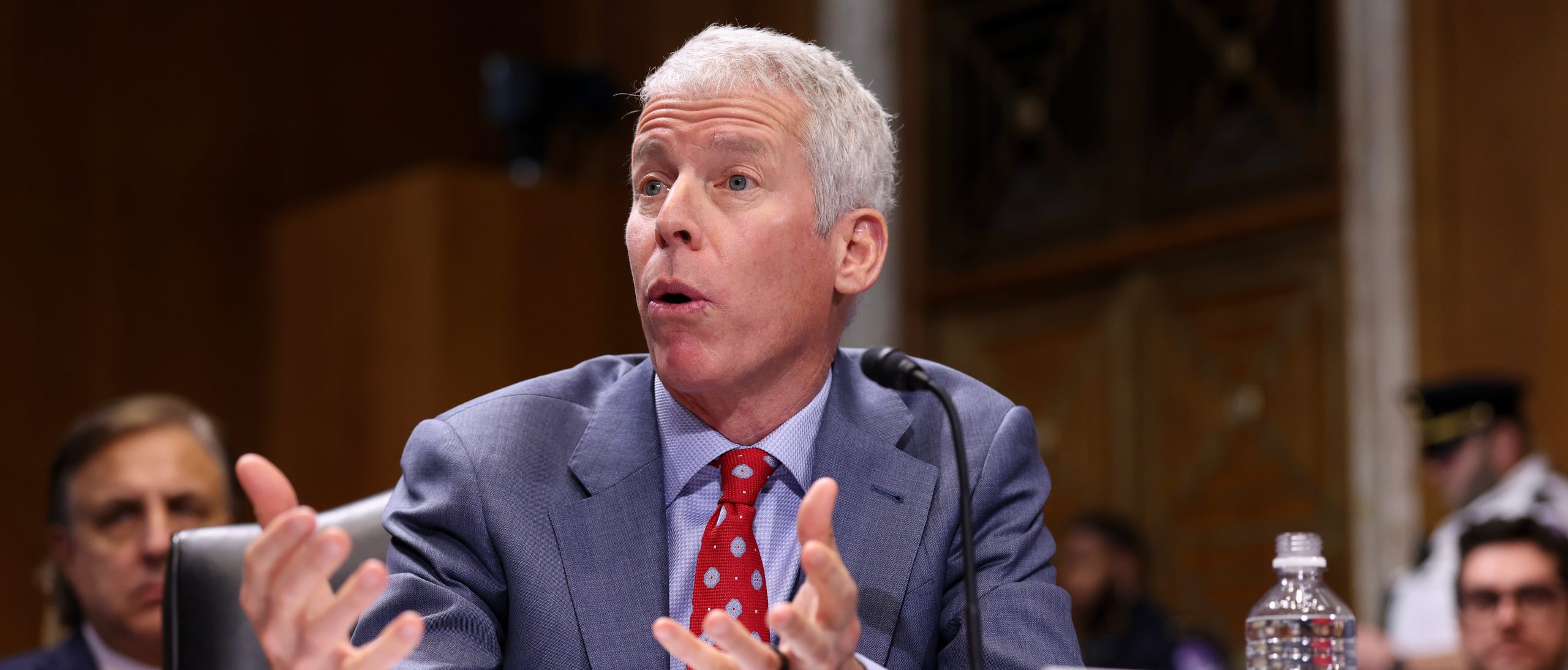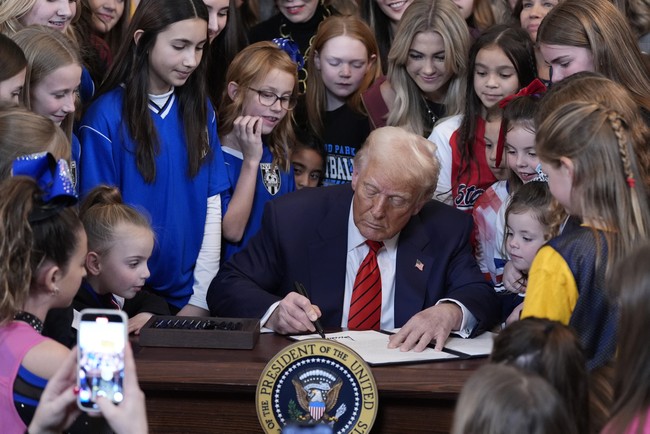Iraqi officials have announced the capture of a suspect linked to an ISIS-driven attack in New Orleans, which tragically claimed 15 lives on New Year’s Day. The attack, executed by Shamsud-Din Jabbar, also left 57 people injured after he drove a vehicle into a crowd on Bourbon Street. Jabbar, who was killed during a confrontation with the police, had been under investigation following requests from U.S. authorities.
The suspect, whose identity remains undisclosed, will face trial under Iraq’s anti-terrorism laws. This development follows the collaborative efforts of the National Center for International Judicial Cooperation, working closely with the United States. The Iraqi judiciary emphasized the international cooperation involved in tracking down those responsible for the heinous act.
Investigations revealed Jabbar’s online radicalization by ISIS, a process the FBI noted can occur in mere weeks. FBI Director Christopher Wray highlighted the difficulty in preemptively identifying such threats due to their rapid evolution. Despite acting alone, the possibility of accomplices in Jabbar’s attack is not entirely dismissed.
Jabbar’s history shows visits to New Orleans prior to the attack, as well as trips to Cairo and Toronto, which have now become focal points for investigators. During these visits, he reportedly used Meta smart glasses to record his surroundings in New Orleans. This behavior has raised questions about the extent of his planning and preparation.
In an interview, former FBI Director Wray explained the challenge of detecting these lone-wolf threats, given their crude yet deadly execution methods. He stressed the difficulty in connecting the few available dots before such attacks occur. The FBI continues to encourage public cooperation in providing any additional information.
Jabbar, a twice-divorced Army veteran from Texas, struggled with financial issues despite holding a promising job. His financial woes included missed child support payments, adding to the complexity of his background. Authorities are piecing together how these personal struggles may have intersected with his radicalization.
On the eve of the attack, Jabbar rented a truck in Houston, driving it to New Orleans where he secured an Airbnb. Post-attack investigations uncovered materials at the rental that suggested attempts to destroy evidence, including bomb-making components. This discovery underscores the calculated nature of his actions.
New Orleans police continue to sift through evidence, aiming to understand the full scope of Jabbar’s intentions and connections. The attack has sparked a broader investigation into security measures in the city, with victims pursuing legal actions. The Louisiana Attorney General is examining potential lapses in security protocols.
As authorities dig deeper, the FBI reassures the public of their commitment to tracking all leads related to the attack. With the ongoing international collaboration, they strive to prevent future incidents. The case remains a stark reminder of the persistent threat posed by radicalized individuals.
Security in New Orleans, particularly around major events, is under heightened scrutiny following the attack. Officials are reassessing strategies to safeguard public spaces from similar threats. The community is urged to remain vigilant and report any suspicious activities.
The Bourbon Street attack has left a lasting impact on the community, prompting discussions on enhancing counter-terrorism measures. Local and federal agencies are working to bolster security frameworks. The goal is to ensure the safety of residents and visitors alike.
Victims of the attack are seeking justice through lawsuits, targeting perceived failures in city security. As investigations continue, there is a concerted effort to address any identified weaknesses. The hope is to provide some solace to those affected by the tragedy.
The swift action by Iraqi authorities in capturing the ISIS suspect reflects the importance of international cooperation in tackling global terrorism. The arrest marks a significant step in holding those responsible accountable. Such partnerships are crucial in the fight against extremist threats.
As the trial in Iraq approaches, the world watches closely, hoping for justice to be served. The case underscores the global nature of terrorism and the need for united efforts to combat it. Authorities remain steadfast in their mission to dismantle terrorist networks.
The Bourbon Street tragedy serves as a poignant reminder of the ongoing threat posed by radicalization. Communities worldwide are urged to remain alert and proactive in countering extremist ideologies. Public awareness and cooperation are vital components in this fight.
By drawing lessons from this incident, authorities aim to strengthen preventative measures against future attacks. The focus is on identifying potential threats early and disrupting their plans. The commitment to safeguarding public safety remains unwavering.



